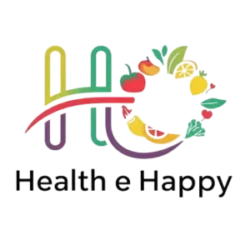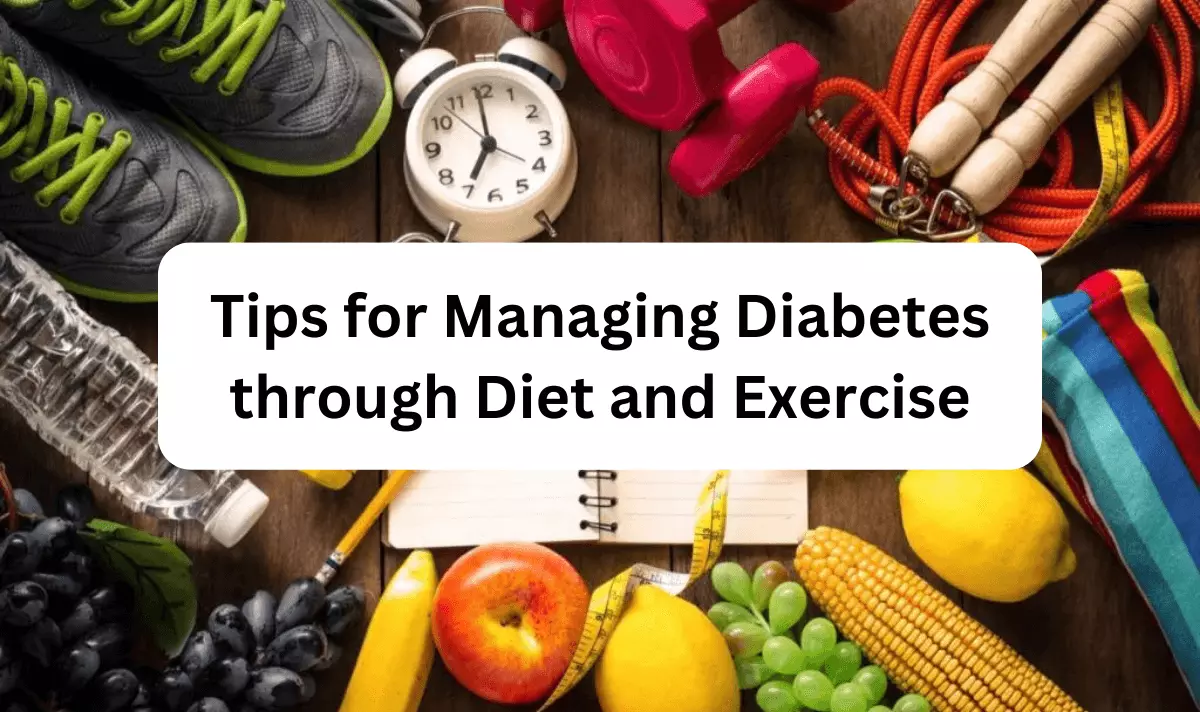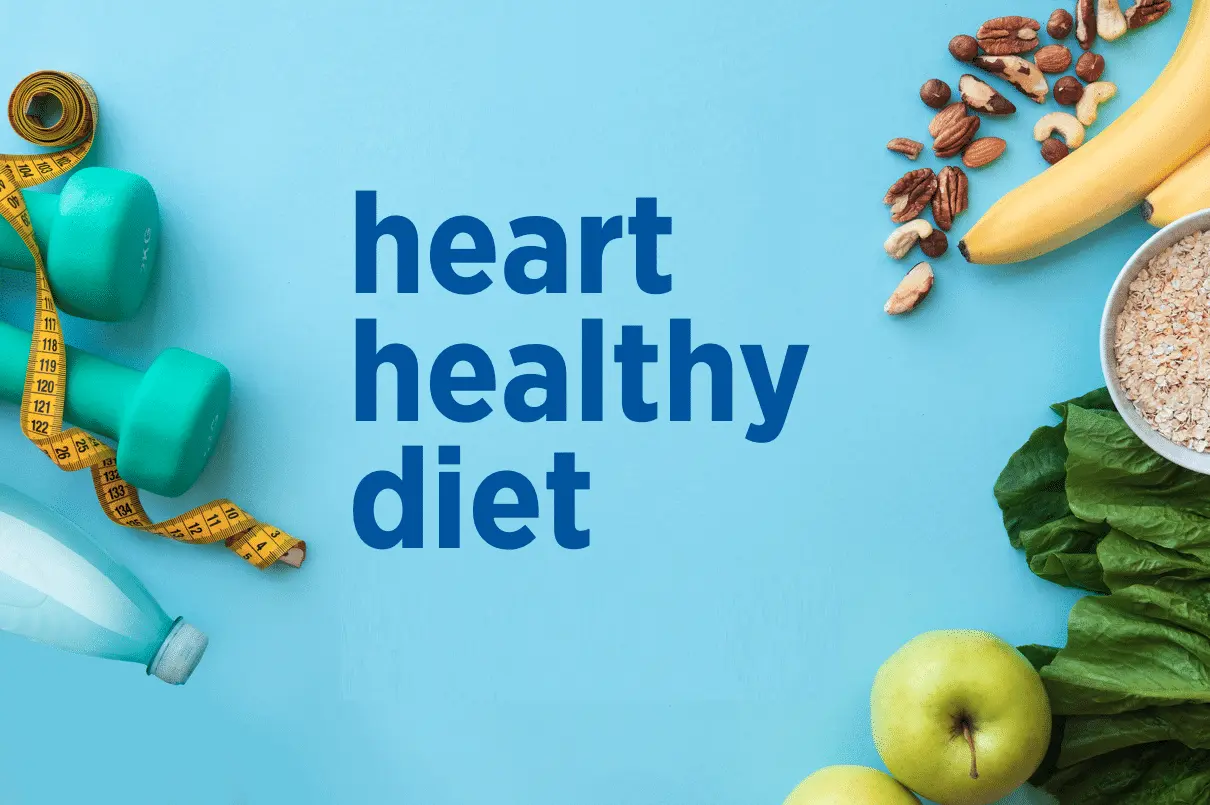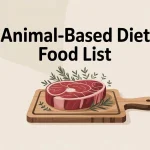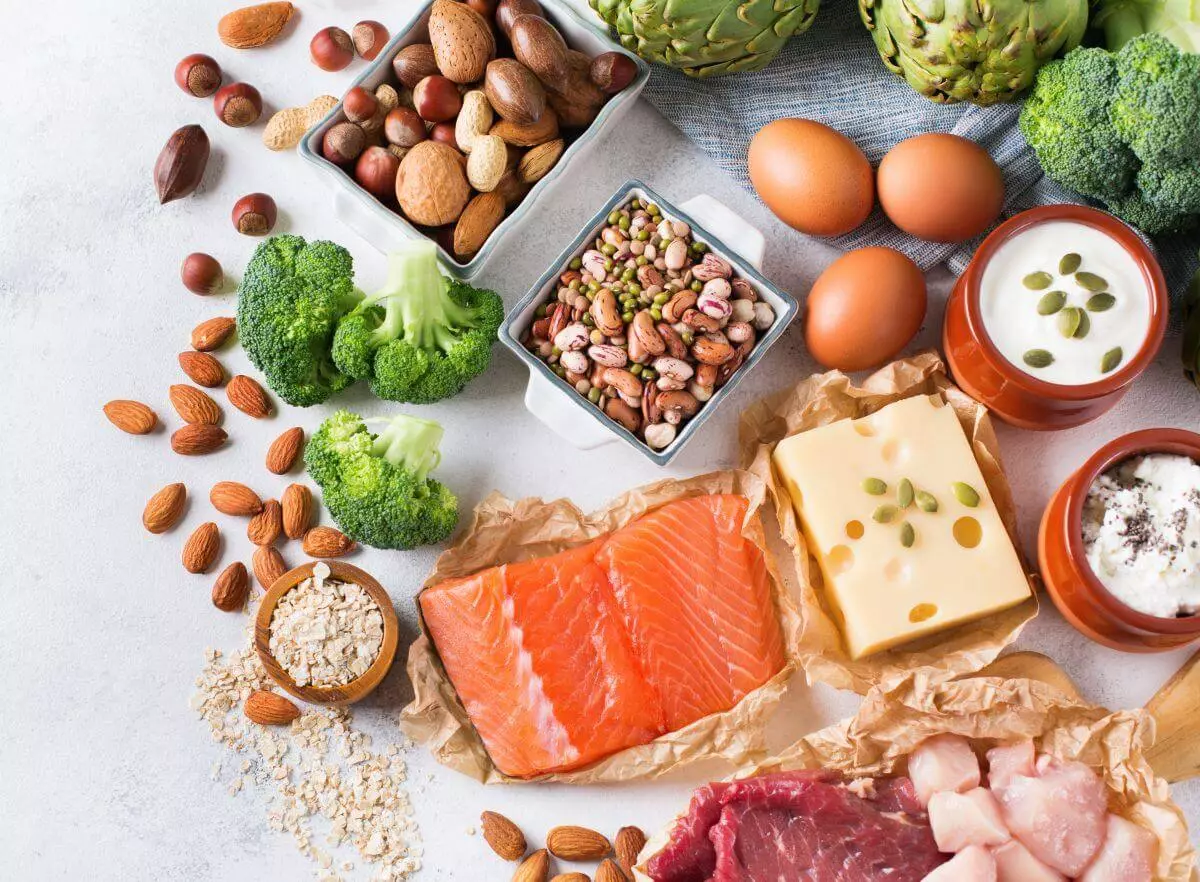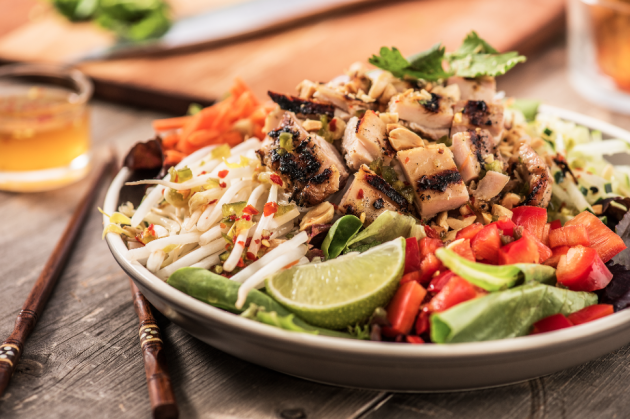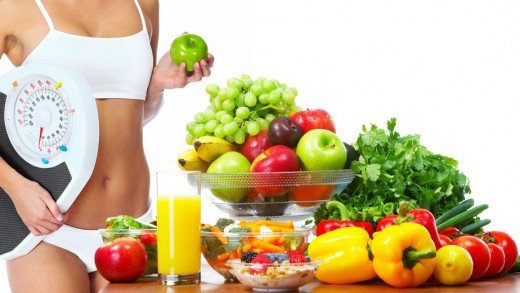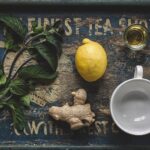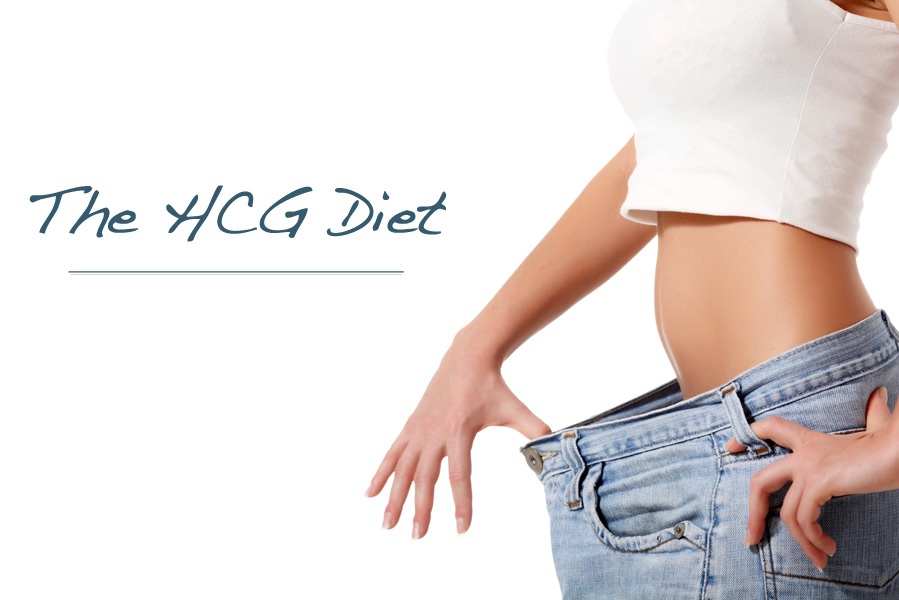The body needs a balanced and wholesome diet to function well. Each element of the food is responsible for different functions in the body. Healthy eating is the right way to attain a balanced diet that comprises carbohydrates, proteins, fats, fibre, vitamins, and minerals in the correct proportions.
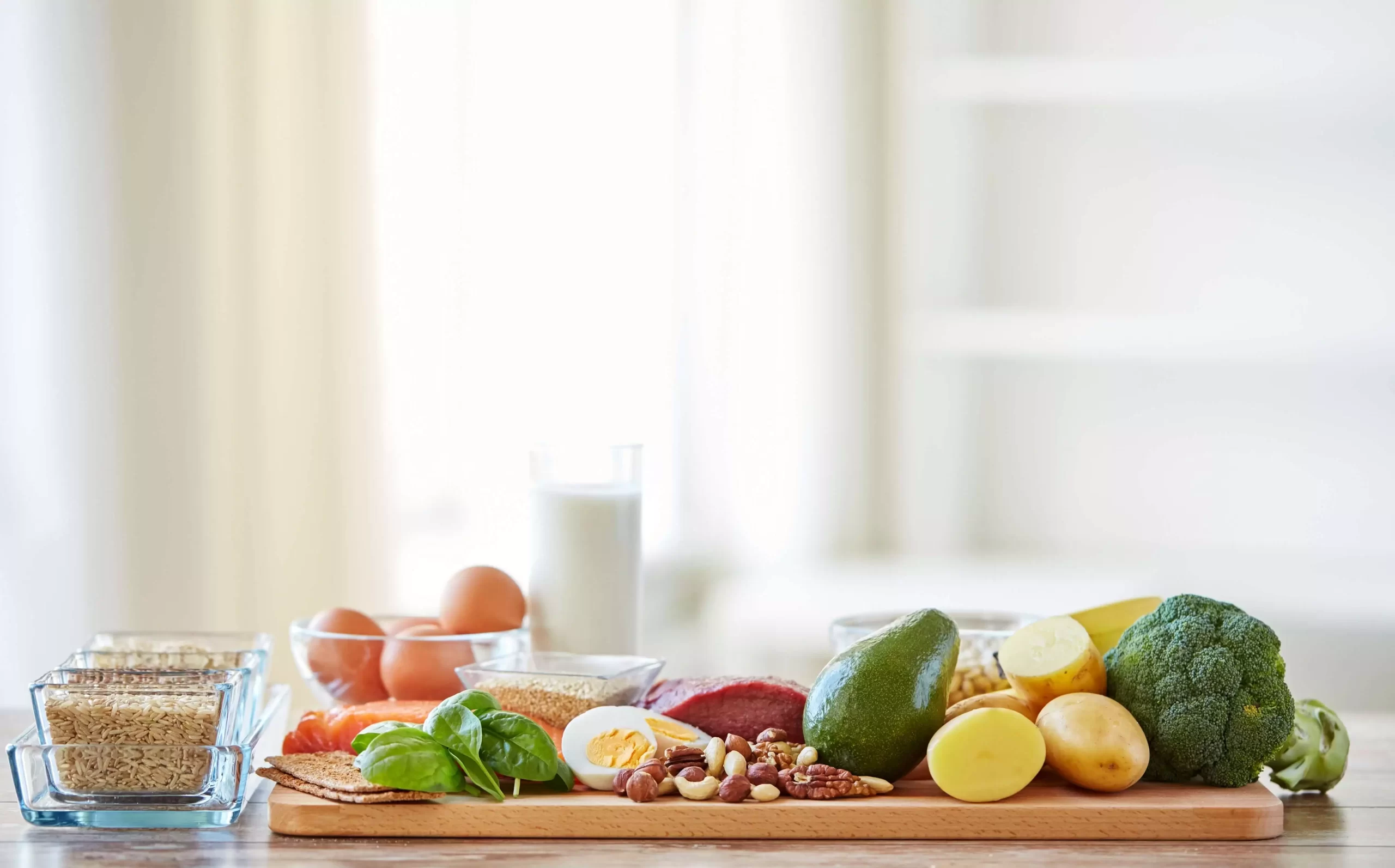
What Is A Balanced Diet?
A balanced diet comprises 7 components from major food groups in the right amount to deliver the body optimal nutrition. Each person is different and the right diet regimen for good health status may vary from person to person. Most essentially, adhering to a diet regimen, that encompasses all the food groups and is low in nutrients like sodium, saturated fats and sugar is pivotal for uplifting overall health and well-being.
Components Of A Balanced Diet:
Carbohydrates
Carbohydrate is the main source of fuel for the body that support to carrying out daily activities. Carbs from about 60%of an individual’s diet regimen. It is important to choose from complex sources of carbs like whole grains, wheat, oats, millets, brown rice etc.,
Proteins
Protein is essential for a person normal growth and development, and it makes up muscles, organs, skin, and hair. Protein is metabolised into amino acids, where the body synthesis 12 amino acids and the remaining 8 essential amino acids are supplemented from food sources to ensure good health status. Protein is vital for building, maintaining, and repairing body cells and organs. It also makes hormones and enzymes which control several bodily processes. About 25% of daily calories should come from proteins found in lean meats, eggs, lentils, and dairy products.
Fats
Fats are a major source of energy and contribute to about 15% of daily caloric needs. They are essential as a source of fuel for future use and help the body to absorb vitamins and produce hormones. However, it is important to choose from healthy sources of fats such as nuts and seeds and limit intake of saturated fats like butter, margarine, and red meat.
Vitamins
Vitamins are organic substances found in food that supports almost every organ in the body. They help convert food into energy, triggers the immune system, production of red blood cells, regulate growth and safeguard the body from detrimental free radicals. Fruits and vegetables are the major sources of vitamins such as A, C, E, and B.
Minerals
Minerals are elemental subst犀利士
ances found in the soil, they are absorbed by plants, which we consume. Thus, we can easily get minerals from both animal and plant sources. Minerals have several roles including structural, fluid balance and muscle contractions.
Fibre
Dietary fibre is the indigestible part of plants foods, such as fruits, vegetables, legumes, nuts and seeds, and whole grains. Fibre adds bulk to the stools, promotes the growth of healthy bacteria in the gut, improve the digestion process and regularise bowel movements. Soluble and insoluble fibres are two types of fibre soluble and insoluble fibre. Insoluble fibre adds bulk to stools by absorbing water and it is abundant in nuts, grains, seeds, and the skin of fruit and vegetables. While soluble fibre forms a gel that softens the stool, and it is abundant in oats, legumes, and some fruit and vegetables.
Water
Water is the quintessential component of life. A key nutrient that supports the body to regulate temperature, lubricate joints and safeguard vital organs and tissues. Staying hydrated is essential, thus aim to drink at least 8 glasses of water every day for uplifting overall health and well-being.

Karen is a health blog author who has been writing about healthy living since 2013. She started her journey by adopting a vegan diet and eating only organic foods, but the more she learned, the more she realized that we should all be eating plant-based diets exclusively. As an expert in nutrition and wellness, Karen blogs to educate readers on how they can live happier and healthier lives through food choices!
